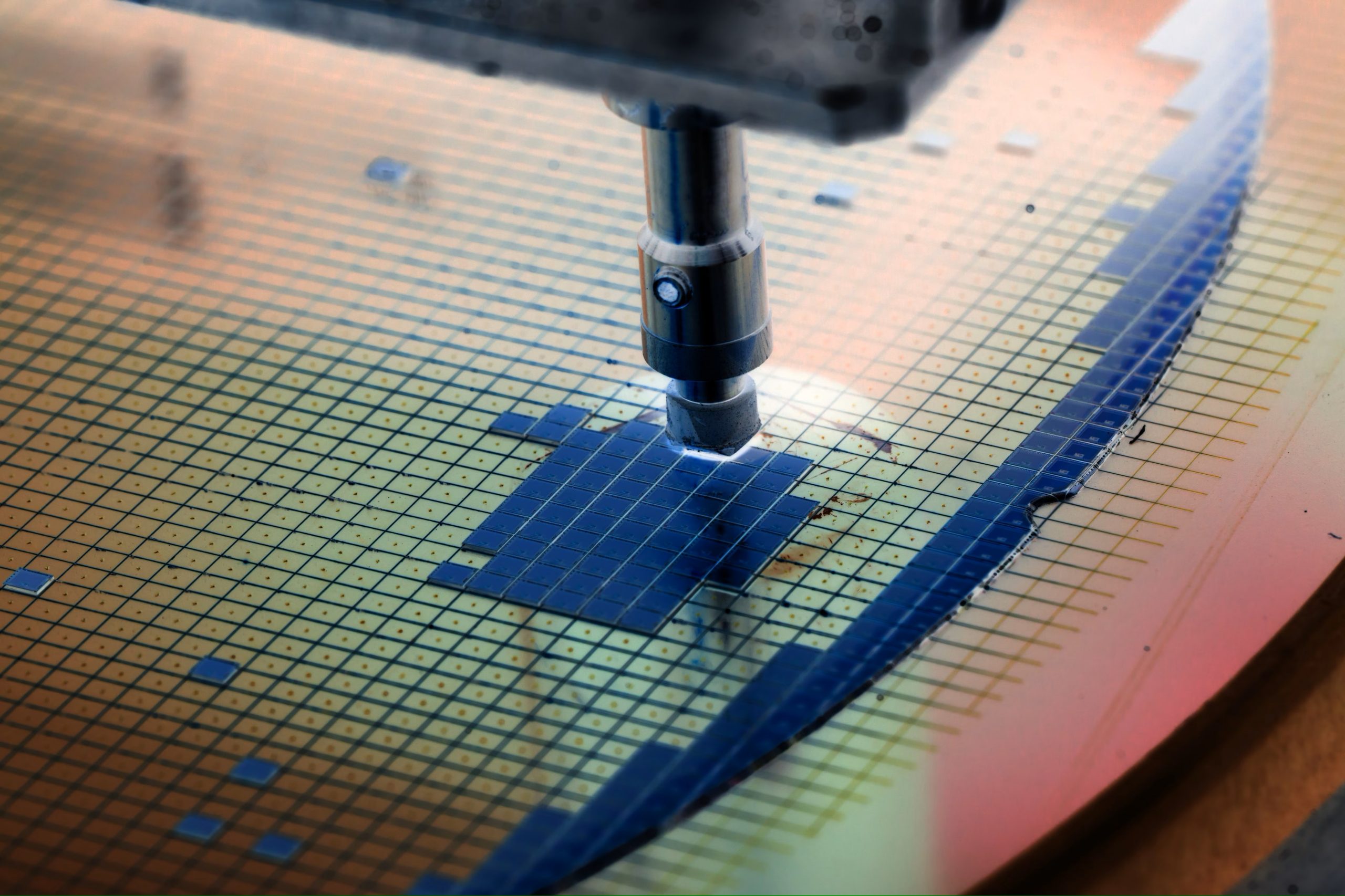BNR – The growing gallium industry in China has made it difficult for car manufacturers to decide whether to rely on it or not. The metal had been ground-breaking for the manufacturing of electric automobiles.
Currently, Gallium is implemented in an array of fields, including Light Emitting Diodes (LEDs) and smartphone connectors.
Rarely do people know that the metal can be held by hand. Gallium turns into liquid form at a temperature degree of 29°C, well below our body temperature of 37°C. The metal has now become the most needed element for the semiconductor industry, with companies aggressively fighting to get it.
Car manufacturers are keen to improve their cars’ quality and decrease their weight. This will subsequently, help them cut costs. Gallium is the element necessary for this and is a less expensive alternative than platinum and palladium.
It can be extracted from zinc ores, where there are small amounts of it, as well as in bauxite. Furthermore, it is the by-product of processing bauxite to manufacture aluminium.
China Dominates Gallium Market
According to the European industry association Critical Raw Materials Alliance (CRMA), nearly 80% of the metal’s production happens in China.
Gallium Nitride can tolerate a huge amount of energy without exerting any heat, thus making it perfect for electric vehicles. It’s also great for charging adaptors and inverters in the vehicle, aiding in controlling the energy flow from the battery.
“Gallium nitride is a huge game multiplier,” said Umesh Mishra, co-founder at Goleta, California-based Transphorm. The company is making microchips using Gallium.
Transphorm deploys extremely thin sheets of gallium nitride on its semiconductors. It works with car manufacturers in designing chargers for various electric cars.
Gallium Export Restrictions
Mineral professionals state that China’s decision in the past few days to put restrictions on the compound’s exports could force EV companies to reconsider. China is imposing a multitude of limitations on the sale of germanium, another semiconductor metal, starting in August.
The car manufacturing sector is just starting to recover from the coronavirus and the worldwide shortage of semiconductors. The crisis has compelled the companies to cease producing some models and sometimes abandon incomplete projects.























































